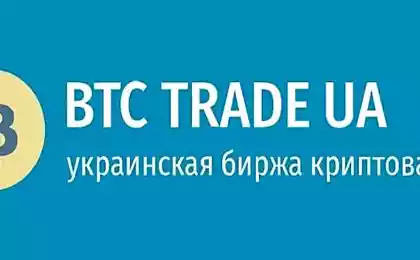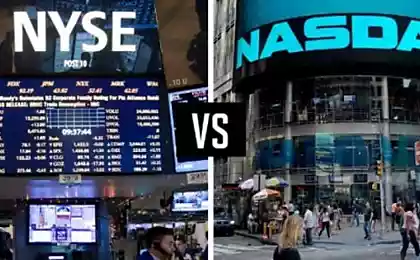404
What are cryptocurrency exchanges: the main types

Since the moment the whole world learned about bitcoin and the possibility of making real money on digital coins, the cryptocurrency exchange has aroused interest among users. Every year more and more investors are attracted, who seek to increase their capital due to the high volatility of crypto. In 2022, traders have a large selection of sites that are suitable for trading digital gold. Some platforms are designed for a wide audience, others – for a specific market segment, and still others provide access only to individual tools.

What are cryptocurrency exchanges
The first enthusiasts created special services designed for crypto trading, which adopted the key principles of work from stock exchanges. At the same time, resources have undergone significant modernization and optimization. Given the differences in process organization and hierarchy in management, there are two main varieties of crypto exchanges:
- - Centralized. With this option, the site is managed by a third party or organization. Giving preference to such companies, you entrust your assets to the manager of the exchange. The principle is similar to banks.
- - Decentralized. All processes are based on P2P: financial transactions are carried out directly between users, they do not involve an intermediary. In this case, the trader does not need to trust his “money” to a third party.

Review of cryptocurrency exchanges: regulated and unregulated
States are seeking to take control of the actively developing cryptocurrency market by issuing relevant laws and setting rules for platforms. Therefore, there are limits on the deposit, withdrawal and balance of funds in the account. Requirements depend on the country, but, as a rule, there are 2 main procedures:
- 1. KYC. To verify the personal data of the exchange participant, documents are requested that will help confirm the identity. Basically suitable passport, receipts, which marked home address, bills for communal, insurance policy, etc.
- 2. AML. This refers to the laws and regulations that the resource refers to in its work with customers. Sites check the source of income.
Although not everyone appreciates these rules, they are able to ensure the stable operation of the platform and secure the funds of visitors. Unregulated services are a thing of the past and are almost never used by traders.

Never answer phone calls with that word, forget it exists.
After her husband’s funeral, she went to the sea with her lover, but did not even imagine what a surprise awaits her.























